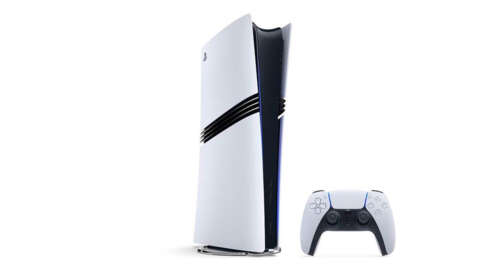Valve has announced that Steam Game Recording has been released for all PC and Steam Deck users. The new built-in system for game recording offers a variety of tools for users, allowing them to capture highlights of their gameplay, record lengthy play sessions, and share them online through the Steam overlay.
Similar to Nvidia’s GeForce Experience, Steam Game Recording has a background-recording mode. This can be fine-tuned to continually record footage while you play according to a specified duration and storage limits. The recording software also offers a quick-replay function so you can see where you went wrong in a game, as well as tools to make it easy to find and clip your gameplay footage. Gameplay will be recorded in an MPEG-4 format, in a folder designated by the user.
This could be especially interesting for users, as you’ll be able to drop markers as reference points and Steam has provided tools for developers to create “timeline-enhanced” games that can proactively notify Steam when relevant events happen. “These events are represented along the timeline with details specified by developers,” Steam explained.
The timeline-enhanced feature could be where Steam stands out from other game-recording options, as Nvidia and Windows don’t offer a function like this within their respective applications. Valve says that Steam Game Recording has been designed to use minimal computer resources, as it uses your Nvidia or AMD graphics cards to help with the recording workload.
How to enable Steam Game Recording
Once Steam is updated, you can start tweaking the settings.Ensure that Steam is updatedClick on Steam in the top-left corner of the clientClick on settingsSelect “Game Recording”Adjust settings to your preferencesPress CTRL+F11 to start recording gameplay footage manually
It’s also worth noting that Steam Game Recording works for any game that supports the Steam Overlay, but it may not work for some older games.






